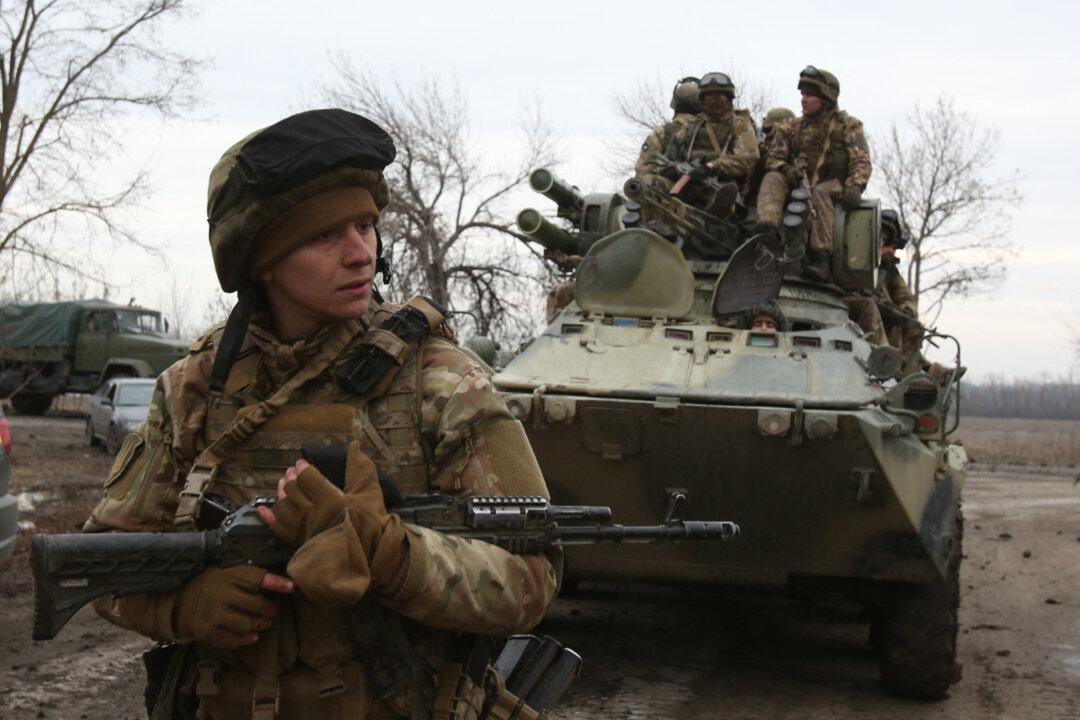Commentary
Russia’s invasion of Ukraine has brought out many isolationist talking points that will have consequences for any potential Chinese aggression.

Russia’s invasion of Ukraine has brought out many isolationist talking points that will have consequences for any potential Chinese aggression.